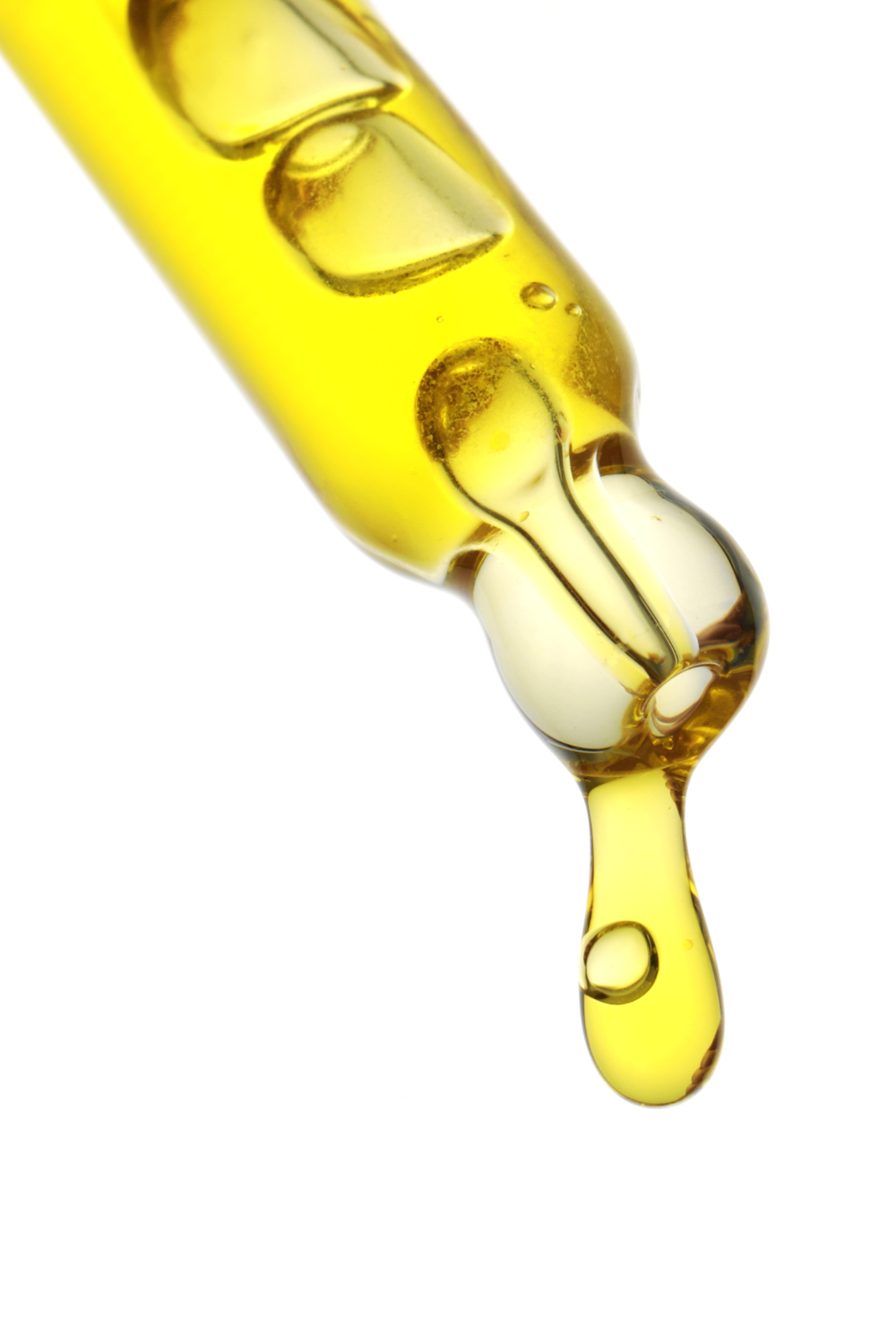Reading Time: 5 minutes

Facial oils have undeniable benefits, but not all facial oils are the same. Choosing the right oil for your skin is essential for the best results.
Don’t let the intimidating aspect of oils discourage you, especially for specific skin concerns. This blog post aims to cut through the confusion. Keep reading for the lowdown on using face oils, including how to incorporate them into your skincare routine and how to choose the right ones for your skin type and goals.
So, What are Facial Oils?
Facial oils are specialized skincare products designed to improve and revitalize the skin’s overall health and appearance, with specific benefits determined by the chosen oil type and formula. Extracted from diverse plant sources, these oils contain concentrated and valuable elements such as essential fatty acids, vitamins, and antioxidants that deliver nourishing lipids to the skin. These lipids help maintain optimal hydration levels and balance by fortifying the moisture barrier. Facial oils also protect against environmental stressors, which can otherwise contribute to skin issues like acne and premature aging.
Benefits of Facial Oils
Facial oils provide various ways to promote skin health, including:
- Providing additional nourishment for dry skin that lacks natural oils.
- Reducing inflammation and soothing sensitivity.
- Brightening the skin’s appearance, resulting in a radiant glow.
- Strengthening the skin barrier for improved resilience.
- Boosting hydration by minimizing water loss.
- Acting as a lubricant during facial massages.
Common Facial Oils
Let’s dive into some of the most popular face oils and their unique properties:
- Argan Oil: Argan oil is a luxurious and lightweight face oil enriched with fatty acids, vitamin E, and linoleic acids. These components work together to retain moisture and soften the outer layer of the skin, promoting a smooth and supple complexion.
- Tea Tree Oil: Known for its antiseptic properties, tea tree oil helps regulate the skin’s natural oil production. As an essential oil, it’s critical to dilute it before applying it to avoid any potential irritation. Look for products that already contain tea tree oil to ensure safe usage.
- Jojoba Oil: With ultra-soothing and anti-inflammatory benefits, jojoba oil is excellent for addressing various skin conditions. It helps balance sebum production, making it effective in treating acne and preventing future breakouts.
- Rosehip Oil: Gentle and packed with antioxidants and phytonutrients, rosehip oil supports a healthy skin barrier. It is celebrated for its ability to impart a radiant glow and its anti-irritant properties, making it suitable for various skin types.
- Marula Oil: Marula oil contains vital amino acids that help minimize transepidermal moisture loss. Nourishing and hydrating the skin strengthens the skin barrier, ensuring optimal skin health and hydration.
- Coconut Oil: Consider coconut oil as an overnight treatment to boost hydration and maintain supple skin. However, be cautious as it can be highly comedogenic, potentially clogging pores. To avoid issues, limit its usage to once a week, particularly if you have oily skin.
By understanding the unique benefits of each face oil, you can select the one that aligns with your specific skincare needs. Consider your skin type and any potential sensitivities when incorporating these oils into your routine for healthy, radiant skin.

How To Choose The Right Facial Oil(s) For Your Skin
Searching for the perfect face oil for your specific skin type? Look no further! Here are our top recommendations for face oils tailored to different skin needs:
- For dry skin: Coconut and rosehip oils are your go-to choices. These oils are renowned for alleviating skin conditions such as scaliness and eczema, providing much-needed hydration.
- Sensitive skin? Opt for oils infused with chamomile and lavender. These gentle oils are soothing, and help minimize irritation, making them perfect for sensitive skin types.
- If you have oily and acne-prone skin, jojoba and tea tree oils are your allies. These oils possess potent antimicrobial properties that help regulate oil production and combat acne-causing bacteria, keeping breakouts at bay.
- Combination skin requires a balancing act. That’s where marula oil comes in. Its non-greasy texture and quick absorption make it ideal for combination skin, effectively addressing dry and oily areas.
- For those concerned about aging skin, rosehip, and olive oils are excellent choices. Packed with nutrients and antioxidants, these oils help nourish the skin and potentially prevent premature signs of aging.
Selecting the right face oil for your skin type can unlock the potential for a healthier, more radiant complexion. Experiment with these recommendations to discover the perfect oil that complements your unique skin needs.
How to Incorporate Facial Oils Into Your Routine
Now that you have a good understanding of the various face oils available let’s explore how to incorporate them into your skincare routine effectively.
For optimal hydration, mix your face oil with your moisturizer or apply it immediately after your moisturizer to seal in moisture. While face oil can be used daily, reserving it for nighttime use is advisable. This is because face oil can potentially reduce the effectiveness of sunscreen, and it’s essential to apply sunscreen every morning, even during the winter months.
It’s important to note that while oils are moisturizing, they typically lack humectant properties. Humectants like glycerin and hyaluronic acid bind water to the skin. To maximize hydration, applying a serum containing humectants first is ideal, followed by using face oil to help seal in the moisture.
If you incorporate face oil into your daytime routine, apply it as the second-to-last step before sunscreen. If you prefer to use it at night, make it the final product you apply to your skin. However, if you have exceptionally dry skin, layer a moisturizer on top of the face oil for added hydration.
Following these guidelines, you can integrate face oils seamlessly into your skincare routine, ensuring that your skin receives maximum moisture and protection throughout the day or night.
My Favorite Facial Oils
Here are a few of my favorite fragrance free facial oils, that are great for sensitive skin:
